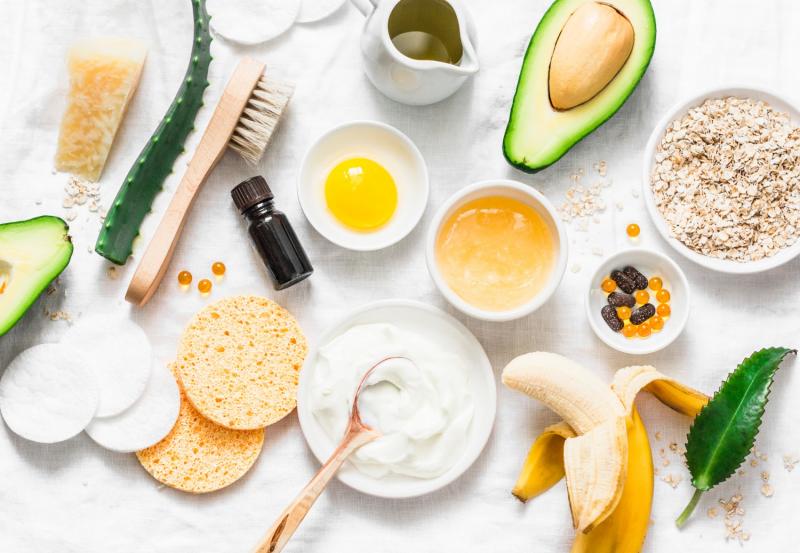Feeding babies the right kind of food is very important for their healthy growth and development. In this article, we will discuss the significance of nutritious baby food and various factors to consider when choosing foods for your little one.
Understanding Baby's Nutritional Needs
Babies have very specific nutritional requirements at different stages of growth. Their needs change as they grow from infant to toddler. It is crucial to provide foods that meet the daily recommended intake of nutrients for optimal physical and mental development.
In the initial months, breastmilk or infant formula provides all the required nutrients in easily digestible form. Around 6 months, solid foods are gradually introduced to supplement these liquid feeds. At this stage, iron-rich foods like pureed meats, pulses and vegetables are ideal. Fruits also provide essential vitamins and minerals.
From 9-12 months, finger foods can be given along with pureed or mashed versions to encourage self-feeding skills. Food at this stage should contain more protein, fat, iron and zinc for rapid growth. Nut butters, eggs, yoghurt, cheese become suitable options.
Between 12-24 months, chewing improves and appetites expand. Meals should contain a variety of textures that support motor skills. Finger-sized pieces of soft fruits and veggies, small pieces of crackers or bread give experience handling food independently. Snacking also ensures adequate calorie and nutrient intake throughout the day.
Choosing Nutritious Homemade Baby Food
Commercially packaged baby foods are convenient but may lack nutrients compared to homemade purees. Preparing fresh baby food at home allows control over ingredients and nutritional content. Here are some tips:
- Steam or boil vegetables, fruits and meats before mashing or blending to retain essential vitamins and minerals.
- Combining ingredients like meat with grains or fruits introduces multiple nutrients. For example, adding mashed sweet potato to chicken enhances iron absorption.
- Cook in small batches and store portions in freezer-safe bags or containers for convenient warming as needed. Check expiration dates and reheating instructions.
- Gradually introduce one new food at a time to check for allergies. Delay introducing common allergens like eggs, peanuts and fish until 6 months.
- Use healthy fats like olive or coconut oil for sautéing foods or adding to purees for extra calories and nutrients.
Making meals should be fun for baby and caregiver. Get creative with textures, flavors and meshing cuisines from different cultures. Homemade baby food is the healthiest way to nourish little ones.
Common Ingredients for Nutritious Baby Meals
The following foods provide an excellent source of key nutrients during baby's first year:
- Sweet potatoes - Baby Foods Rich in vitamin A for eye and immune health. Also high in fiber, potassium and antioxidants.
- Butternut squash - Contains vitamin A and C plus fiber for digestion. Young babies enjoy its naturally sweet taste.
- Bananas - Rich in potassium and easy to mash or blend. Helps prevent constipation.
- Avocados - Healthy monounsaturated fats and fiber. Spreads easily on toast for finger foods.
- Carrots - Excellent source of vitamin A, antioxidants and fiber. Ideal for supporting vision.
- Lentils, chickpeas - High in plant-based protein, iron and fiber. Mash with broth for less mess.
- Beef, chicken, eggs - Complete protein source for muscle and brain development. Remove bones and skin.
- Yoghurt - Probiotics aid digestion. Look for unsweetened plain varieties.
- Oats, quinoa - Whole grains release energy slowly. Soak overnight for easier blending.
Carefully introducing these superfoods ensures baby receives needed nutrients for laying strong foundations of lifelong health.
Making Mealtimes Fun and Mess-Free
The transition to solid foods is an exciting sensory experience for babies. Caregivers can make mealtimes stress-free with simple strategies:
- Start with one spoon of puree at a time to allow self-feeding without pressuring to finish.
- Use a spoon, fork or fingers based on development. Practice each during dedicated play sessions.
- Keep distractions low and focus on child's cues when hungry, full or enjoying. Praise efforts to self-feed.
- Dress babies in clothes protectable from inevitable spills. Lay down a bib and moisture-proof mat under high chairs.
- Stay calm if messes happen. Clean patiently while reassuring smiles mean feeding success, not perfection.
- Involve babies by letting them touch, smell and taste safe food pieces while supervised. Singing helps relax mood.
Positive mealtimes foster independence, hand-eye coordination and trying varied tastes. With patience and creativity, babies learn healthy eating habits.
Stocking the Baby Food Pantry
Explore more information on this topic, Please visit-
https://www.newsstatix.com/baby-food-share-size-and-growth-share-trends-analysis-demand-forecast/
